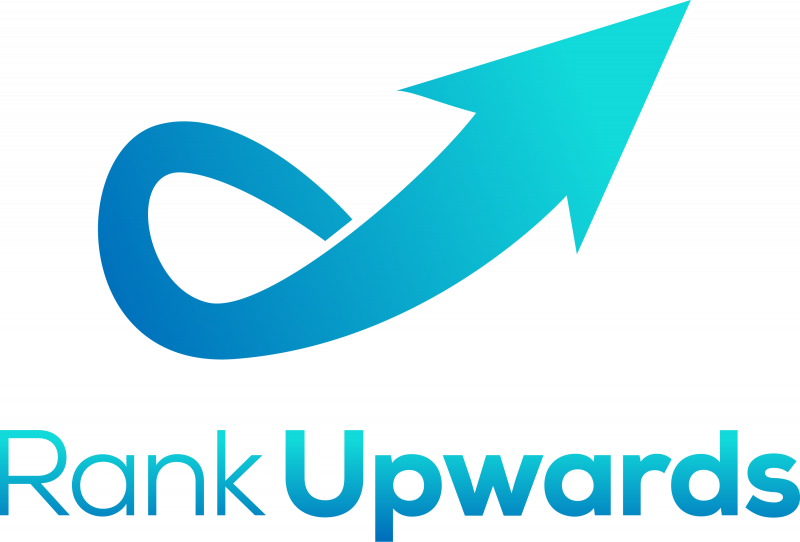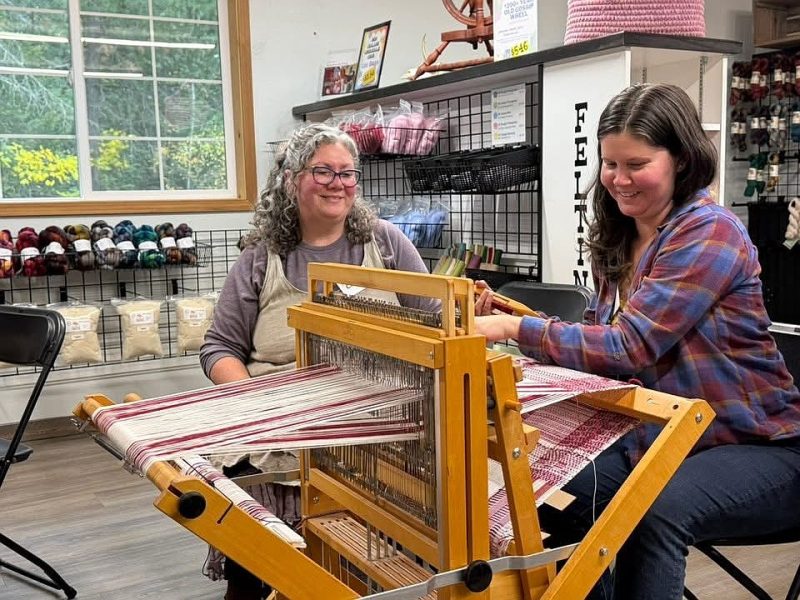The Vogue Business Index H2 2024 edition shows significant shifts, with Loewe and Fendi climbing into the top 10. As the luxury sector faces economic pressures, these brands are among the leaders strategically adapting to changing consumer demands. The latest rankings reveal that while Louis Vuitton, Gucci, and Dior retain their top spots, other brands have witnessed a reshuffle.
Vogue Business Index Top 10
1. Louis Vuitton – LVMH
Louis Vuitton has taken the digital lead, dethroning Dior from the top spot for the first time in three years. The brand’s enhanced influencer strategy has contributed to this success, especially in China. Louis Vuitton’s NFT strategy also sets it apart, marking it as one of the few luxury brands actively evolving in digital spaces. These strategic moves showcase the brand’s ability to engage diverse audiences while staying ahead of digital trends.
2. Gucci – Kering
Gucci has maintained its stronghold in omnichannel and ESG, underpinned by recent campaigns like the ‘Who is Sabato De Sarno’ VR film for Apple Vision Pro. New store openings in Los Angeles and London have reinforced Gucci’s physical presence. The brand’s digital campaigns, including a collaboration with Billie Eilish, performed exceptionally well, helping maintain Gucci’s position despite a slight sales decline. Future purchase intent remains positive, showing Gucci’s resilience in the luxury sector.
3. Dior – LVMH
While Dior lost its digital crown to Louis Vuitton, it continues to hold a solid position across other pillars. Dior has retained its popularity, largely due to its ability to resonate with consumer values. It’s one of a select few brands that have seen increased consumer perception regarding its social impact. This highlights Dior’s continued relevance, even as it navigates the increasingly competitive luxury landscape.
4. Hermès – Hermès International
Hermès has made significant gains in ESG, reporting a 13% rise in repair interventions. Although slightly scaled back, its commitment to reducing plastic use aligns with its focus on sustainability. A notable revamp of its flagship store in Beijing has bolstered its omnichannel approach. Consumer sentiment remains exceptionally positive, further establishing Hermès as an iconic brand in the luxury world.
5. Chanel – Chanel Limited
Amid a broader industry slowdown, Chanel is one of the few brands on track to surpass $20 billion in sales. Its strategic expansion into prime real estate and use of A-list celebrities, such as Brad Pitt and Penélope Cruz, has supported its growth. Chanel’s ESG commitments, validated by the Science Based Targets initiative in April, add to its appeal. The brand’s ambitious net-zero target for 2040 further distinguishes it within the luxury industry.
6. Prada
Prada ranks in the top five for omnichannel, driven by newly revamped stores. The brand’s association with modern style has led to strong financial results, supported by positive consumer reception of its digital campaigns. Although Prada has seen fewer major headlines compared to its rivals, its planned retail investments in China signal a promising trajectory. This focus on the Chinese market could further enhance Prada’s position in future rankings.
7. Saint Laurent – Kering
This year has been relatively quiet for Saint Laurent in terms of media coverage, yet consumer sentiment remains strong. Initiatives like its bookstore in Paris and three feature films produced by its subsidiary for Cannes have bolstered Saint Laurent's reputation for cultural engagement. These moves have contributed to high consumer perception and awareness scores, reflecting Saint Laurent’s ability to connect with cultural and artistic communities.
8. Burberry
Under new CEO Joshua Schulman, Burberry is experiencing a transitional phase. The brand’s social media strategy has garnered strong engagement, particularly on TikTok. Burberry’s implementation of a hotline service to ensure fair worker treatment underscores its commitment to social responsibility. This combination of social engagement and ESG efforts reflects Burberry’s response to the current economic climate challenges.
9. Loewe – LVMH
Loewe’s rise in the Index is one of the most notable, climbing five spots to enter the top 10. This continues a longer trend for Loewe, which has gained 16 positions since H2 2022. The brand’s balanced digital strategy, combining fun, lo-fi content with culturally significant campaigns, has paid off. This approach has bolstered consumer sentiment with positive trends in awareness, purchase intent, and brand perception.
10. Fendi – LVMH
Fendi re-enters the top 10 after briefly falling out in H1 2024, outperforming Ralph Lauren for the tenth position. With a focus on platforms like TikTok and Weibo, Fendi has built a robust digital presence. Its ventures into hospitality have also helped Fendi connect with consumers through experiential touchpoints. With new CEO Pierre-Emmanuel Angeloglou, Fendi is positioned for further growth as it adapts to the luxury sector’s evolving demands.






